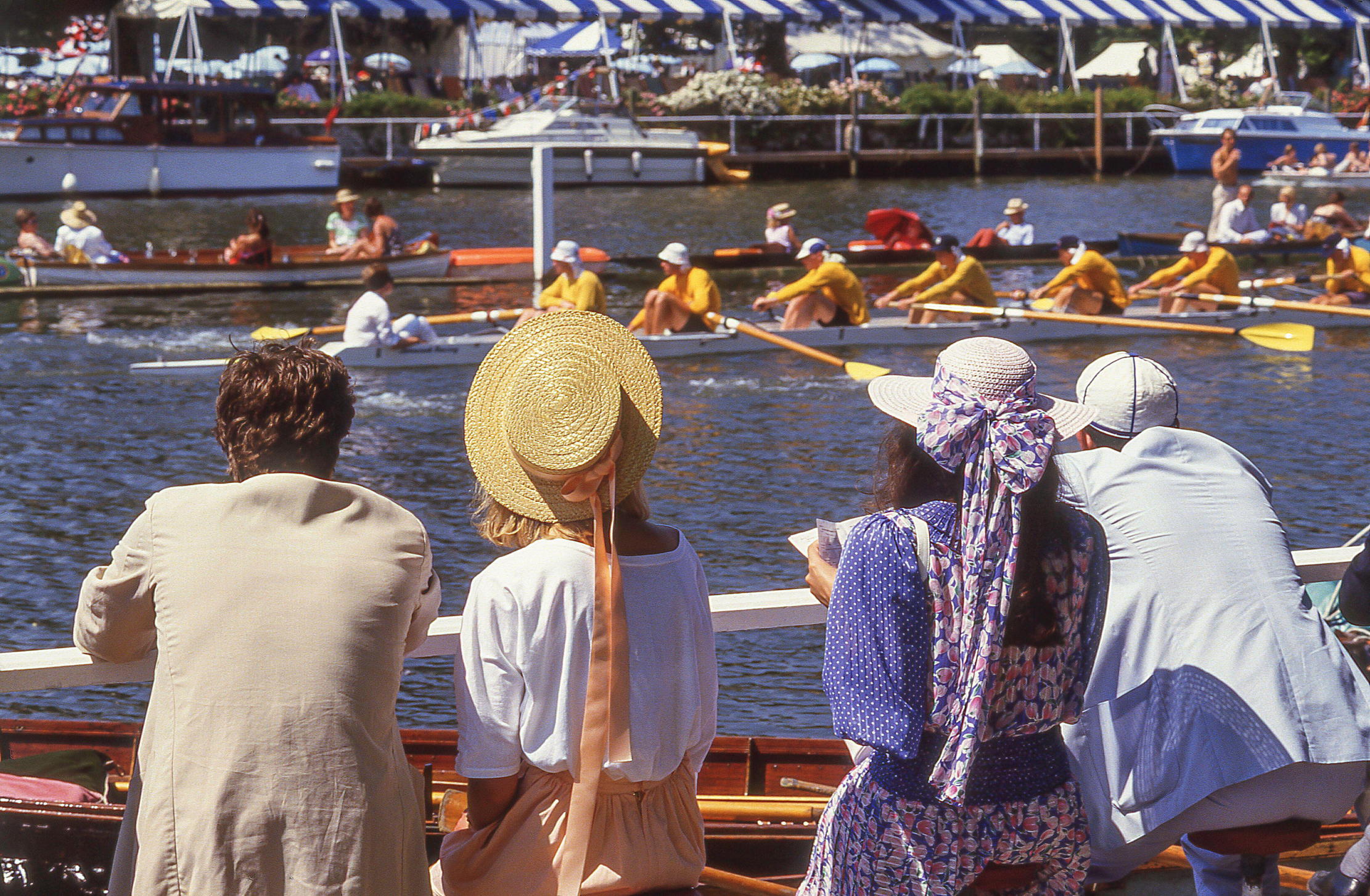Spectator on the David Hockney exhibition
Carla Carlisle is inspired by a visit to the David Hockney exhibition at the Royal Academy to put her days of fertilising sorrow behind her


It was as if you'd zeroed in on Meg Ryan and Tom Hanks 20 years after they washed over their differences in You've Got Mail. He opened his present from me first: a weighty book called The Rational Optimist: How Prosperity Evolves by Matt Ridley. Then I opened mine from him. A slender volume by Roger Scruton called The Uses of Pessimism and the Danger of False Hope. A 21st-century rewrite of The Gift of the Magi, each gift tenderly chosen with the loved one in mind.
My husband is both rational and optimistic. Although his forehead looks like a corrugated roof when he studies rainfall records, farm accounts or wheat prices, he has an ecological confidence that mystifies me. I am the gatekeeper of pessimism, warding off the panhandlers of False Hope. Although planting a vineyard on a northerly south-facing slope may suggest the kind of dreamy optimism that used to be called manic, what lay at its heart was a vision of doom. ‘If we don't diversify this farm,' I told the bridegroom on our wedding night, ‘we will lose it. A thousand acres of arable is no longer economically viable.'
At that moment, the new husband probably hankered after a Meg Ryan think-alike, although if you remember the Mail story, her adorable children's bookshop is put out of business by the huge books-and-coffee shop chain. A sensible pessimist would have seen it coming, installed a popcorn machine by the till and saved her store. But if I wanted to diversify the farm because of my apocalyptic vision, my husband simply believed it was common sense. He also believes that the sun will come out, the rains will fall, the stockmarket will recover and, some day, the grey partridge will return to Wyken.
Call it a self-fulfilling prophecy, but these times feel like the heyday for pessimism. You don't have to keep James Lovelock by your bedside, wake up to Today and read a morning paper to conclude that things have never been worse. There was a time when I had to nurture my pessimism. Listen to Mahler's Das Lied von der Erde. Read Bleak House every year or so. Personally bid farewell to my lambs going off to the abattoir. But the days of fertilising sorrow are long gone. Despair now arrives at the crack of dawn with Farming Today, with warnings of sheep virus, drought, delays in farm payments. I drink my first cup of coffee with horror stories with place names-Syria, Mexico, Rochdale, Tottenham, Greece-and nouns: drugs, corruption, tattoos, depravity, terrorism.
A phrase that has recently gained in popular use is ‘lighten up'. To a seasoned pessimist, those are the most provocative words in the English language. However, I've decided that my Lenten vow is going to be just that. Not giving up wine. Not going in search of good works. Just trying to lighten up. I prepared myself for this heavy work by going to the David Hockney show at the Royal Academy.
Ignore the critics who blasted it (Brian Sewell, I love you, but lighten up). The effect of seeing room after room of Mr Hockney's painting is like having laser surgery on your eyes. All life looks different. Trees in the landscape that you take for granted become magical creations. And there's an unexpected bonus to the show: Mr Hockney is nearly 75. He created most of these paintings in the past couple of years. Just surveying the achievement is like being given a kiss of extended life. Jubilation and rejuvenation.
To reinforce my Lenten intention, I crossed the street to Fortnum & Mason's cellar wine bar. Over a glass of Pouilly-Fuissé and a little bowl of roasted almonds, I gazed at the catalogue. I realised that the Yorkshire artist follows the advice of the American painter Robert Henri: ‘You should paint like a man coming over the top of the hill singing.' That's my Lenten vow. I'm going to write like a woman striding across the fields singing. With love and hope.
Sign up for the Country Life Newsletter
Exquisite houses, the beauty of Nature, and how to get the most from your life, straight to your inbox.
to Country Life and save over £50 a year
Country Life is unlike any other magazine: the only glossy weekly on the newsstand and the only magazine that has been guest-edited by HRH The King not once, but twice. It is a celebration of modern rural life and all its diverse joys and pleasures — that was first published in Queen Victoria's Diamond Jubilee year. Our eclectic mixture of witty and informative content — from the most up-to-date property news and commentary and a coveted glimpse inside some of the UK's best houses and gardens, to gardening, the arts and interior design, written by experts in their field — still cannot be found in print or online, anywhere else.
-
 380 acres and 90 bedrooms on the £25m private island being sold by one of Britain's top music producers
380 acres and 90 bedrooms on the £25m private island being sold by one of Britain's top music producersStormzy, Rihanna and the Rolling Stones are just a part of the story at Osea Island, a dot on the map in the seas off Essex.
By Lotte Brundle
-
 'A delicious chance to step back in time and bask in the best of Britain': An insider's guide to The Season
'A delicious chance to step back in time and bask in the best of Britain': An insider's guide to The SeasonHere's how to navigate this summer's top events in style, from those who know best.
By Madeleine Silver